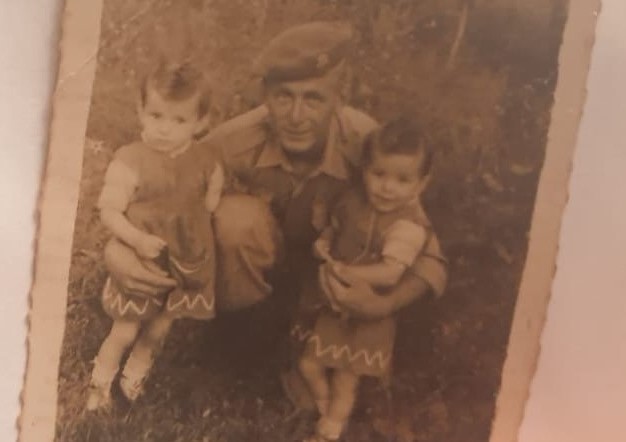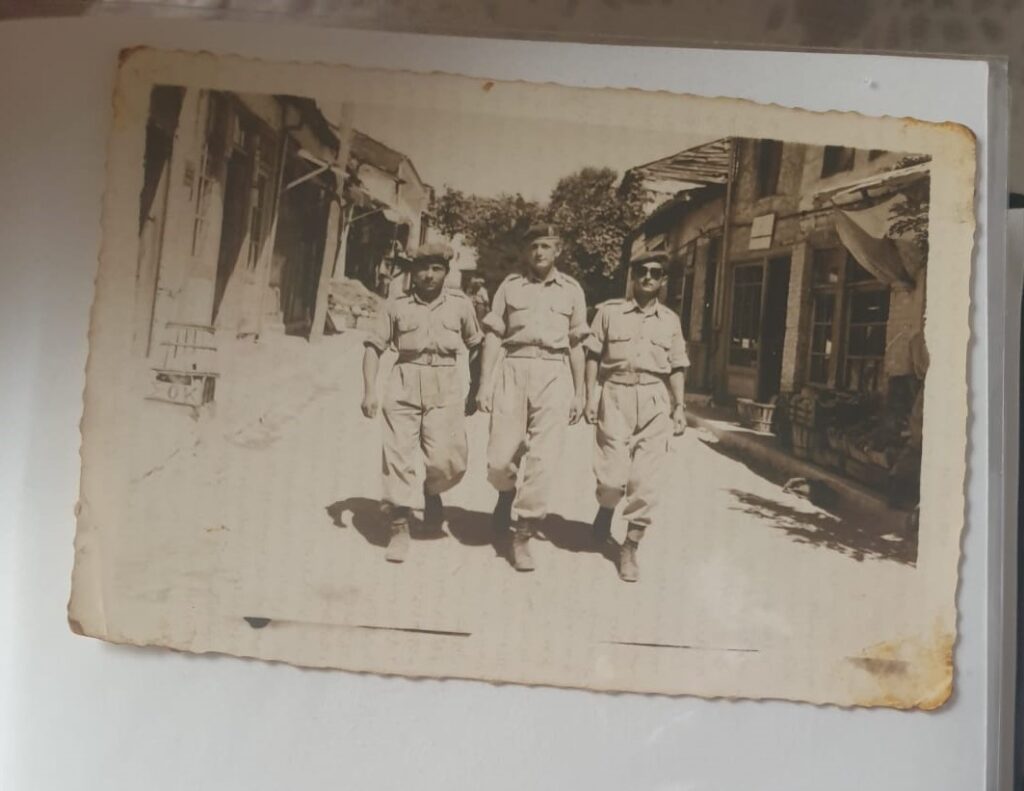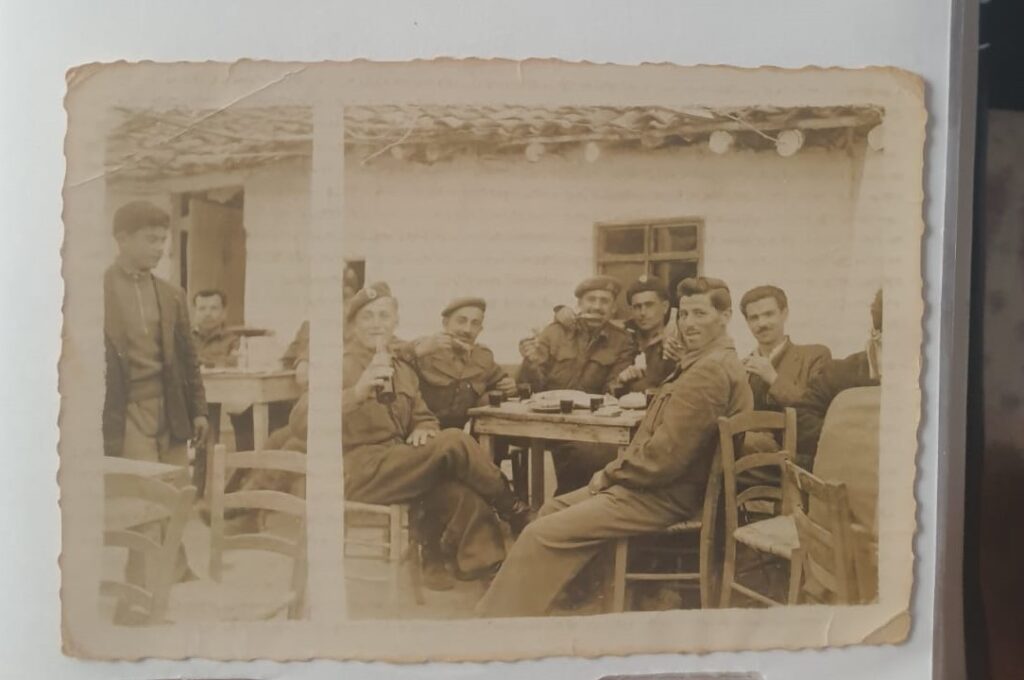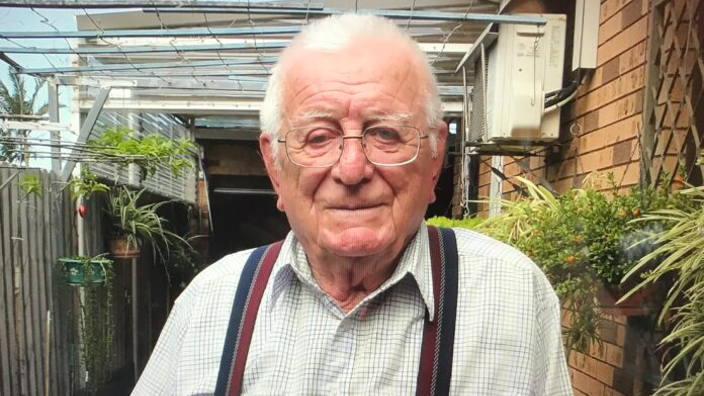For many people, October 28, 1940, marks the moment when former military general and Prime Minister of Greece, Ioannis Metaxas, said “OXI” (NO) to an ultimatum made by Italian Prime Minister, Benito Mussolini, an ally of Nazi leader Hitler.
For Chris Zaropoulos, the day is more personal and vivid. He was only 9 years old at the time and remembers the exact moment when the Italians launched an air attack on Greek soldiers who were fighting in the Pindus mountains near his village, Aristi, in Zagori.
“Once the bombing began, all the villagers gathered to discuss whether we should stay or leave. Eventually we decided to flee in the middle of the night,” Chris tells The Greek Herald exclusively.
“My mum packed whatever she could, including clothes and blankets. Once night fell, she put everything on our two donkeys and we travelled towards a village called Vikos.

“We walked all night, very slowly. There was about 50 of us and we all had to walk one behind the other because the road was narrow. I didn’t want to get lost so I held onto the tail of the donkey until we finally reached our destination at dawn.”
Chris and his family stayed in Vikos for a few months, while all around them Greek soldiers were launching a powerful counterattack against the invading Italian forces. The Greek army had to face a cold winter, Chris says, but their determination, bravery and patriotism never wavered.
“For ten days in December, the Greek and Italian forces battled over two mountains of Pindus all day and night. Seven times the Italians took over the mountain and seven times we claimed it back,” Chris explains.

“During the third week in December, the Greek army took over the mountain for good after constant attacks on the Italian forces.”
Of course, these attacks were not without heavy casualties. Something Chris distinctly remembers as once the snow began to melt in March, he begged his pappou to take him to the place where the bodies of dead Greek and Italian soldiers were.
“I saw their bodies half covered by snow. I counted about 25 bodies. Two of them were hugging each other. From their khaki uniform, I could tell that they were Greeks,” Chris says.

After this traumatic experience, Chris and his family returned to Aristi. He says they were able to survive by living off the animals they had as they provided them with wool, cheese, milk and meat.
To this day, Chris still thinks about those days and always spares a thought for the mothers of the young soldiers who lay dead on the battlefield.
“I still think about those mothers who wanted to see their sons grow up, get married and have children, not lying dead on a mountain for at least three months covered by snow,” Chris says tearfully. “They were just children.”
A painful reminder that while the patriotism of the Greeks was incomparable and a brave example for future generations, it also had many devastating impacts for those people who were left behind.

